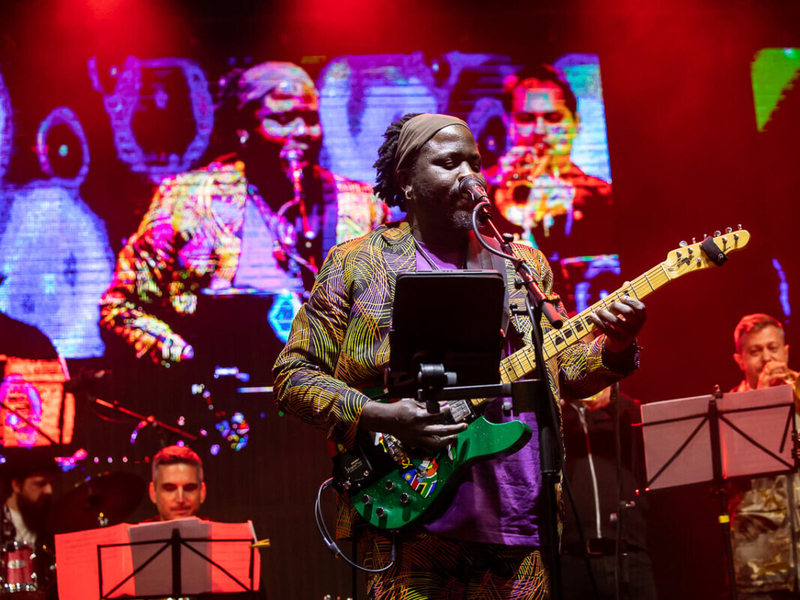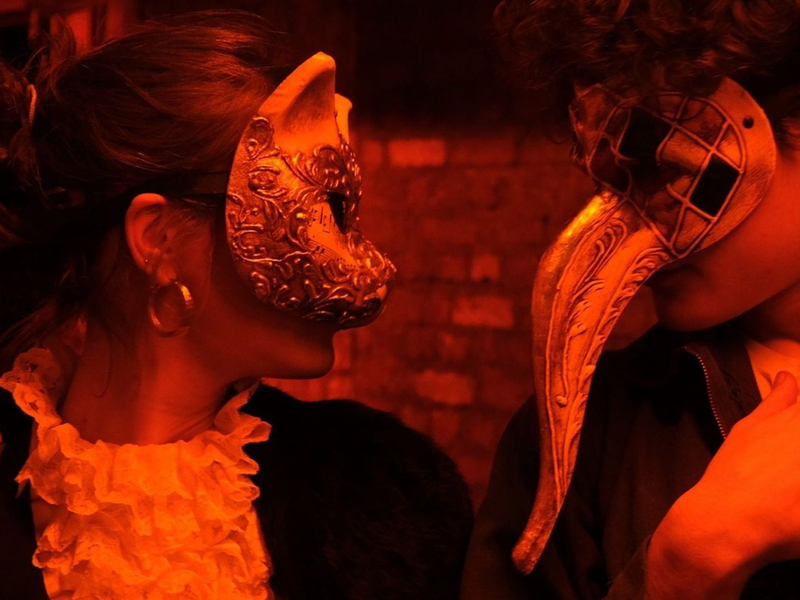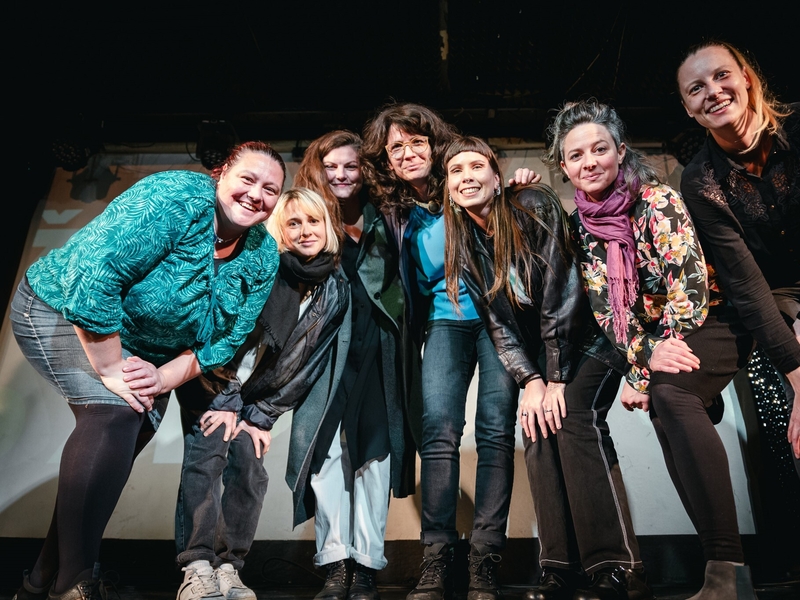Festival del Silenzio
Simon Mundy interviews Riccardo Olivier, the Project Manager of Festival of Silence
The Festival del Silenzio (Festival of Silence) must surely be one of the most ground-breaking events in Europe – a festival devoted to the arts that is also accessible to deaf and those who use sign language as native or second language. If that sounds limiting, think again. The four day festival in May includes an extraordinary array of theatre, dance, film, workshops and discussions.
There is an advocacy agenda too, because Italy is one of the last countries that does not officially recognise its own sign language – a problem Project Manager Riccardo Olivier thinks mainly goes back to the policy of the Catholic Church which traditionally had responsibility for education of deaf children and resisted signing as holding people back from learning to speak.
'We forget,' says Riccardo, 'that language is not just a function. It is there as a result of a culture. Culture produces and defines its own languages, spoken and written, just as each culture has its own sign language. There is an international sign, but it is not a proper language (not Grammarly structured) and does not work well for all native signers and usually is harder for non-native signers or signers not used to different sign languages. A signer from Italy who is used to his own local version of Italian Sign Language and not used to meet signers from other countries will have difficulties in understanding and using International Sign.’
The festival came about when a colleague, Cesare Benedetti, started to learn his partner's sign language. Workshops and dance performances (with sign language) followed at the experimental arts centre they run in Milan, Spazio Fattoria. 'It was crazy, though, that we were only reaching 25-30 people when we knew we could give something to many more.' So they decided to start a festival.
They asked the native signing actress Rita Mazza to be artistic director. She left Turin and is now based in Berlin, a city she found more tolerant. 'There really is nobody else who could have made a success of it. Signing has its own art forms,' says Riccardo, 'Visual Vernacular and its own poetry too. Not teaching sign language at school, whether you can hear or not, is a pity because it can open really interesting new doors; make each one of us more patient and tolerant also concerning language use, not so certain only one way is right.'
He says they turn the process of programming upside down, 'so that everything is accessible, and we support also signing artists to produce their shows or to be part of other artists’ artistic development processes. This increases access to artistic research. We figure out a way that the artist is happy with and make sure this is not reducing the artistic value but support it. We also work with interpreters, surtitles, non-language-based shows.’
Note from the EFFE International Jury
A truly remarkable festival in Milan which concentrates on the arts that can be communicated without audible language. It particularly champions the use of signing, regarding sign language as a 'mother tongue' in its own right.
More information:
Festival of Silence
2 - 5 May 2019
Milan - Briosco, Italy


